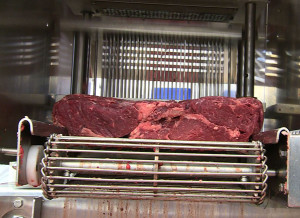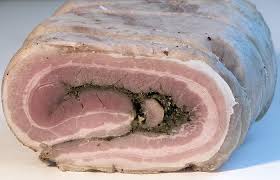Food safety types are pressuring the Obama administration to finalize a rule before the year ends that will require meat packers to label beef that is mechanically tenderized.
 The Center for Foodborne Illness (CFI) Research & Prevention said if the U.S. Department of Agriculture labeling rule is not published by Dec. 31, it won’t be implemented until January 2018 due to Food Safety and Inspection Service uniform compliance date requirements for labeling meat and poultry products.
The Center for Foodborne Illness (CFI) Research & Prevention said if the U.S. Department of Agriculture labeling rule is not published by Dec. 31, it won’t be implemented until January 2018 due to Food Safety and Inspection Service uniform compliance date requirements for labeling meat and poultry products.
The nonprofit health organization said mechanically tenderizing meat creates a higher risk of bacteria contamination that causes food poisoning.
Mechanically tenderized products like steaks and roasts are repeatedly pierced by small needles or blades, which the group says increases the risk of pathogens located on the surface of the product being transferred to the interior.
From 2003 to 2013, the Centers for Disease Control and Prevention received reports of five foodborne illnesses attributable to needle- or blade-tenderized beef products prepared in restaurants and consumers’ homes.
The rules would require the labels to display cooking instructions so consumers have the information they need to properly destroy pathogens.
Canada passed a labeling law in Aug. 2014.









